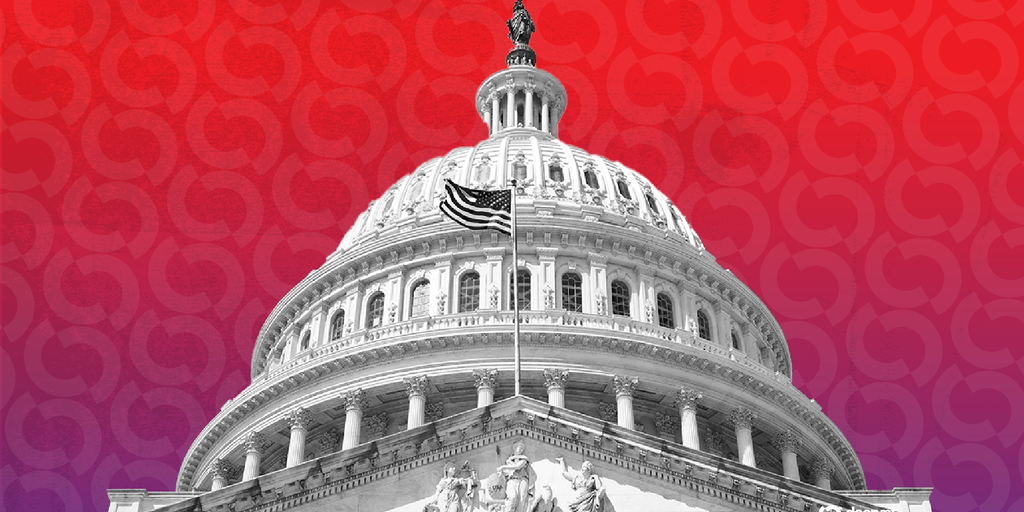Mainstream crypto adoption depends on physical infrastructure.
A proposal to install Bitcoin ATMs in federal buildings emphasizes the need for physical infrastructure in the crypto industry. The current focus on software and decentralization risks making crypto an exclusive system. Physical access points, such as ATMs, are essential for expanding crypto's reach to millions without bank accounts, as 5.6 million American households lack banking access. Bitcoin ATMs can bridge this gap by providing user-friendly access in familiar locations, promoting financial inclusion and generating economic activity for local businesses. The industry often overlooks physical infrastructure, which is crucial for building trust and usability. As regulations increase, Bitcoin ATMs can serve as transparent interfaces between traditional finance and digital assets. Enhancing oversight and consumer education is vital to address scrutiny surrounding these machines. The presence of crypto in everyday environments can transform perceptions and accessibility, making digital finance a part of daily life. Currently, over 30,000 Bitcoin ATMs exist in the US, indicating progress but highlighting the need for further expansion to achieve widespread access.











